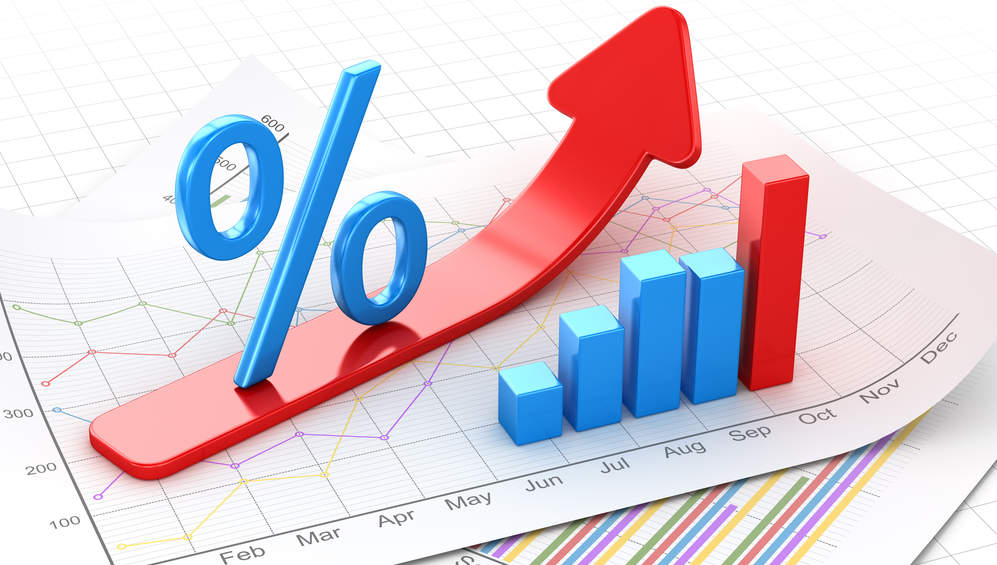The Bank of Ghana (BoG) has raised the rate at which it lends to commercial banks to 14.5% after maintaining it for three consecutive times at 13.5%.
An increase in policy rate generally means a higher cost of borrowing for the ordinary Ghanaian.
The central bank has explained in its Monetary Policy Committee report which was released today, Monday, November 22, 2021, that recent price developments show elevated pressures on headline inflation in the second half of 2021.
“The two readings since the last MPC meeting pointed to a sharp increase in headline inflation from 9.7 per cent in August 2021 to 10.6 per cent in September and further up to 11.0 per cent in October. This indicates that currently, inflation is out of the medium-term target band of 8±2 per cent by 1 per cent,” the MPC report stated.
READ ALSO: No withholding tax on gold export from January 2022 - Minister
The rise in inflation for October 2021 was largely driven by non-food prices, which increased from 9.9 per cent in September to 11.0 per cent in October 2021, while food inflation dipped from 11.5 per cent in September to 11.0 per cent in October 2021. 14. S
Similar to the trends in headline inflation, underlying inflation pressures are also increasing.
“All the Bank’s core measures of inflation increased over the period. The main core inflation measure, which excludes energy and utility, increased from 9.5 per cent in August 2021 to 10.0 per cent in September and further up to 10.4 per cent in October 2021. In addition, the weighted inflation expectations index, which captures inflation sentiments of consumers, businesses and the financial sector, also picked up significantly in October 2021,” the report further stated
An increase in policy rates is a means of slowing down an increase in the money supply and therefore of fighting inflation. Effectively, policy rate increase increases the cost of credit but indirectly slows down investment in the country. A rate increase takes place to avoid overheating economic activity.
In the domestic economy, the Committee assessed that the recovery in the real sector was progressing at a steady pace. High frequency economic indicators reflect increased momentum in the pace of economic activity, close to pre-pandemic levels.
According to the MPC report, consumer and business sentiments have turned around, driven by perceived improvements in economic prospects, although consumers expressed concerns about current household finances.
“Credit to the private sector is beginning to expand, albeit at a slow pace. The COVID-19 related macro-prudential measures, still in force, remain supportive of the recovery process, steadily driving up new advances over the period. The recovery in credit is expected to continue on the back of anticipated net ease in credit stance by banks and increased demand,” the report noted.





